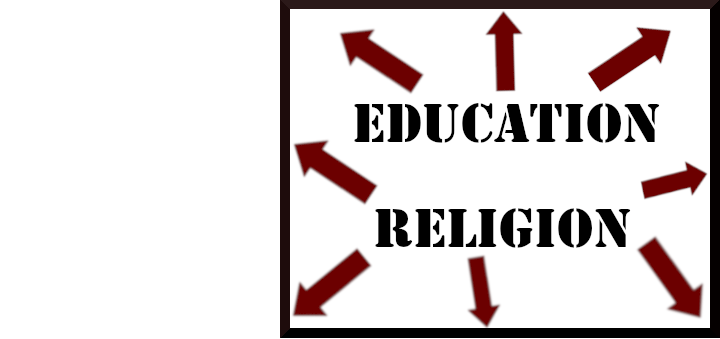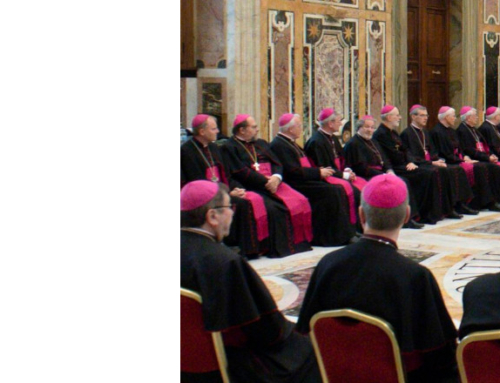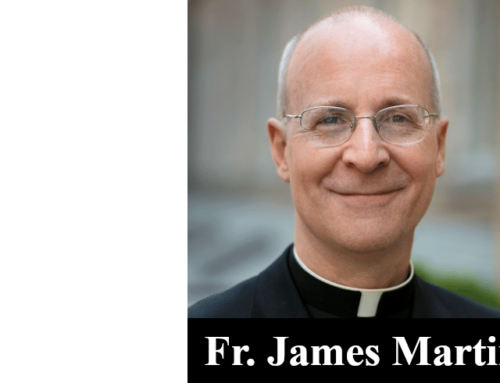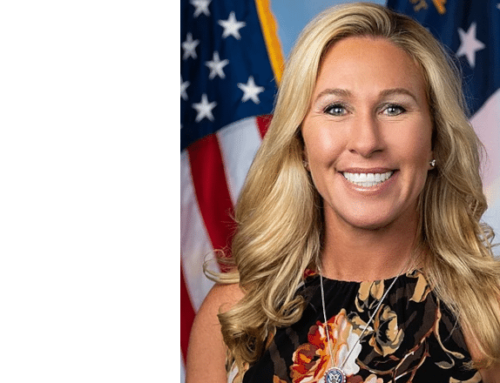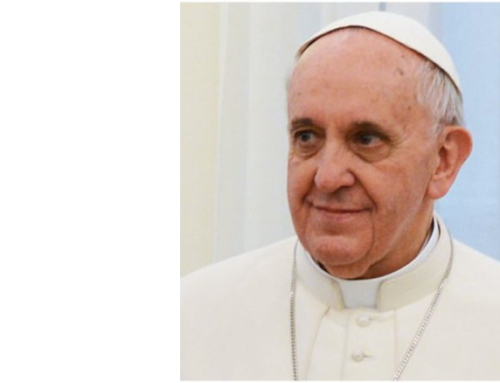Survey research on the same subject, conducted by different survey houses, generally offer similar results. For varying reasons, the findings may differ, but rarely is there a dramatic difference. Even less common is to find totally contradictory results. This appears to be the case with a recent report that consolidates 15 years of research published by the Cooperative Election Study.
Ryan Burge teaches political science at Eastern Illinois University and his analysis of the data leads him to conclude that “People with higher levels of education are less likely to identify as atheist, agnostic or nothing in particular when it comes to religion.”
Having written on this subject for decades, I was startled to read this: almost all surveys find just the opposite, which is to say the most highly educated are the least religious, and the most likely to be non-believers.
Other aspects of Ryan’s analysis—the more educated attend church at higher rates than the less educated and married persons attend more than the unmarried—is consistent with previous research. It’s the education variable that is inconsistent.
In 2014, Psychology Today cited evidence that allowed it to conclude that “The more education a person receives, the more likely they are to become an atheist.”
In 2017, the Pew Research Center found that overall, “religious levels of education are linked with lower levels of religious commitment by some measures, such as belief in God, how often people pray and how important they say religion is to them (its italic).” Interestingly, this pattern did not hold for Christians.
The same survey revealed that “college graduates are considerably less likely than those who have less education to say religion is ‘very important’ in their lives.” Furthermore, “Higher educated Americans also are less inclined than others to say they believe in God with absolute authority and to pray on a daily basis.” And when it comes to atheism, “college graduates are more likely than others to describe themselves as atheists and agnostics.”
In 2023, Pew published a study that showed that the most educated were significantly more likely to say that it is not necessary to believe in God to be moral.
Data show that this is a worldwide phenomenon. For example, in 2020, Pew showed that there was a big gap between the wealthier countries, which tend also to be the best educated, and those in emerging economies on measures of religiosity (e.g. beliefs and practices). To wit: the latter are considerably more religious.
An analysis of the “20 Most Religious Countries in the World,” published by Yahoo/Finance on August 14, revealed that 17 of the most religious countries in the world are in Africa; the other three were Afghanistan (#8), Indonesia (#9) and Guatemala (#16). “Europe and America have generally less religious people,” it found.
Anomalies exist in every aspect of life, including medicine and survey research, and this appears to be the case with the Cooperative Election Study. This study aside, the overwhelming evidence shows that there is an inverse relationship between education and religiosity.


